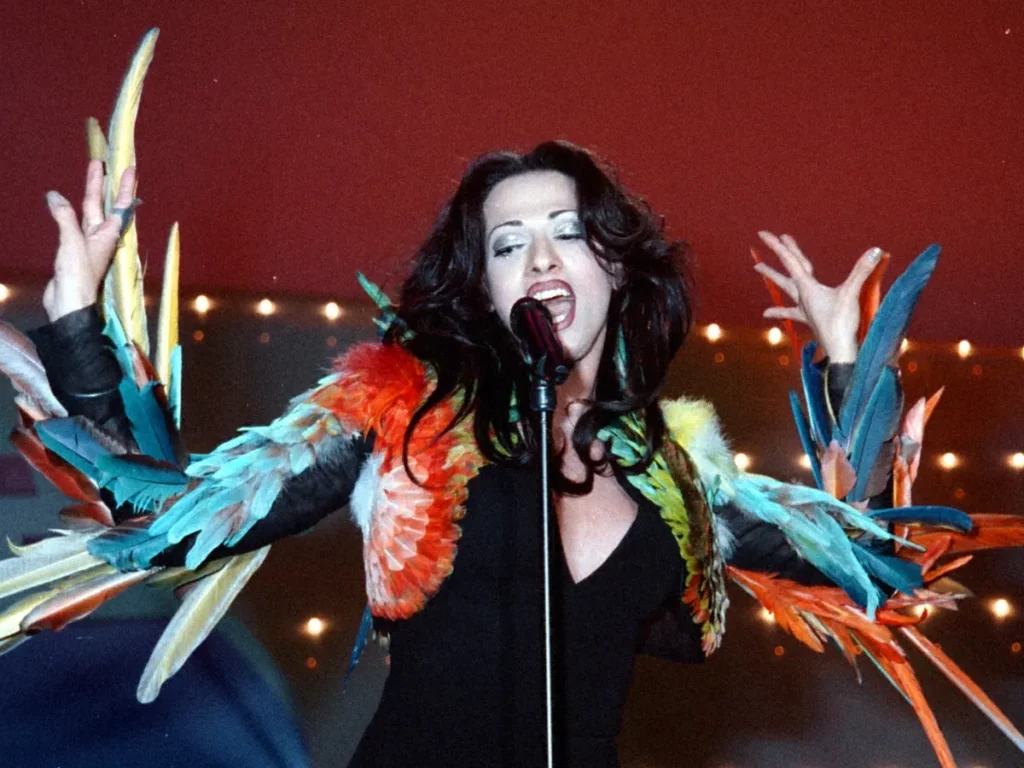The Eurovision Song Contest has long been a platform for social and cultural issues, and it has had a significant impact on the LGBTQ+ community in Europe and beyond. The contest has a history of promoting diversity and inclusivity, and has served as a beacon for LGBTQ+ rights and acceptance.
One notable example of the Eurovision Song Contest’s influence on LGBTQ+ rights was the decision by the EBU to allow the participation of transgender singer Dana International in the 1998 competition. At the time, her victory was seen as a major milestone for the LGBTQ+ community, and it helped to bring greater visibility and acceptance to transgender people in Europe.
Since then, the Eurovision Song Contest has continued to be a platform for LGBTQ+ representation and visibility. Many of the participating countries have used the contest as an opportunity to showcase their support for LGBTQ+ rights, and the competition has been a source of inspiration for LGBTQ+ people around the world.
In recent years, the Eurovision Song Contest has also taken steps to be more inclusive and welcoming to all. The official rules of the competition now include gender-neutral language, and the contest has made a concerted effort to include more diverse performers on the stage.
Unfortunately, not all countries have been as accepting of the LGBTQ+ community, and Eurovision has sometimes been caught in the crosshairs of political tensions. In 2003, Russia’s entry into the competition, a group called t.A.T.u., sparked controversy due to their history of promoting LGBTQ+ rights. The group’s performance at the competition was met with backlash from some quarters, and it highlighted the ongoing struggles faced by the LGBTQ+ community in Russia and other parts of the world.
Despite these challenges, the Eurovision Song Contest has remained a beacon of hope and acceptance for the LGBTQ+ community. Its unique blend of music, entertainment, and cultural exchange has helped to bring people together and break down barriers, and it continues to be a source of hope and inspiration for LGBTQ+ people around the world.
As the Eurovision Song Contest continues to grow in popularity, it remains an important celebration of European culture and a beacon for diversity and inclusivity.
Stay tuned to the Pink Times for a series of articles that will delve deeper into the history and cultural significance of the Eurovision Song Contest, year by year.

